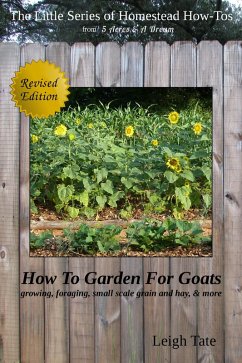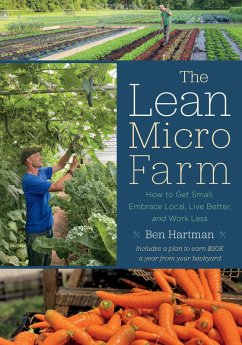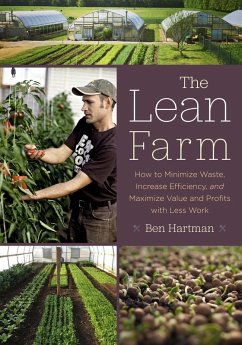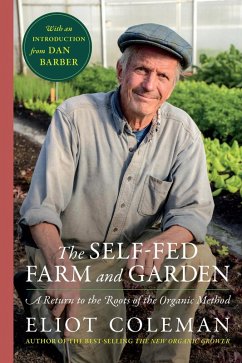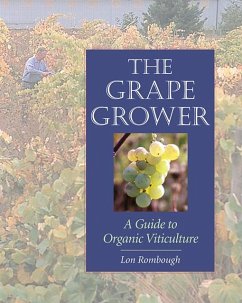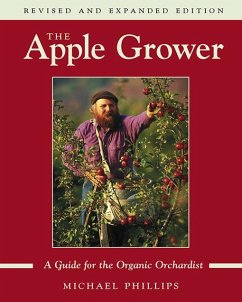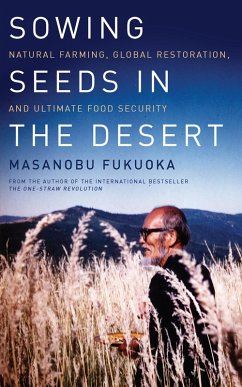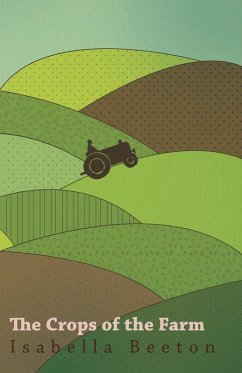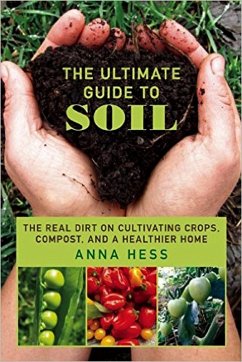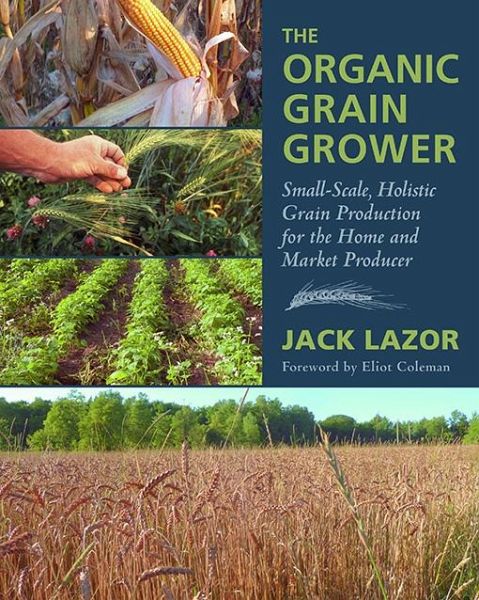
The Organic Grain Grower (eBook, ePUB)
Small-Scale, Holistic Grain Production for the Home and Market Producer
Versandkostenfrei!
Sofort per Download lieferbar
24,95 €
inkl. MwSt.
Weitere Ausgaben:

PAYBACK Punkte
12 °P sammeln!
"The Organic Grain Grower is the best resource we've seen for small-scale grain growers everywhere. . . . [Lazor's] passion comes alive in this fine guidebook's depth of detail."-Mother Earth News The ultimate guide to growing organic grains on a small and ecological scale The Organic Grain Grower is invaluable for both home-scale and commercial producers interested in expanding their resiliency and crop diversity through growing their own grains. Longtime farmer and organic pioneer Jack Lazor covers how to grow and store wheat, barley, oats, corn, dry beans, soybeans, pulse crops, oilseeds, g...
"The Organic Grain Grower is the best resource we've seen for small-scale grain growers everywhere. . . . [Lazor's] passion comes alive in this fine guidebook's depth of detail."-Mother Earth News The ultimate guide to growing organic grains on a small and ecological scale The Organic Grain Grower is invaluable for both home-scale and commercial producers interested in expanding their resiliency and crop diversity through growing their own grains. Longtime farmer and organic pioneer Jack Lazor covers how to grow and store wheat, barley, oats, corn, dry beans, soybeans, pulse crops, oilseeds, grasses, nutrient-dense forages, and lesser-known cereals. In addition to detailed cultivation and processing information, Lazor argues the importance of integrating grains on the organic farm (not to mention for the local-food system) for reasons of biodiversity and whole farm management. Including extensive information on:
- The history of grain growing and consumption in North America
- The twenty-first century and the birth of the local-food movement
- Considering your farm's scale and climate
- Understanding soil fertility and structure
- Planting your crop (including spring vs. fall cereals and preparing your soil)
- The growing and ripening process (reproductive, milk, hard-and-soft dough stages)
- The grain harvest
- Preparing grain for sale, storage, or end use (drying, cleaning seed, grain handling)
- Seed breeding and saving
- Machinery, infrastructure, and processing (both home-scale tools and larger farm equipment)
- Grinding grains for livestock rations (including how to put together a ration based on protein content) and sample rations for dairy cows, pigs, and chickens
- Processing grains for human consumption
- Additional resources and information for new grain farmers, and more…
Dieser Download kann aus rechtlichen Gründen nur mit Rechnungsadresse in A, B, BG, CY, CZ, D, DK, EW, E, FIN, F, GR, HR, H, IRL, I, LT, L, LR, M, NL, PL, P, R, S, SLO, SK ausgeliefert werden.




